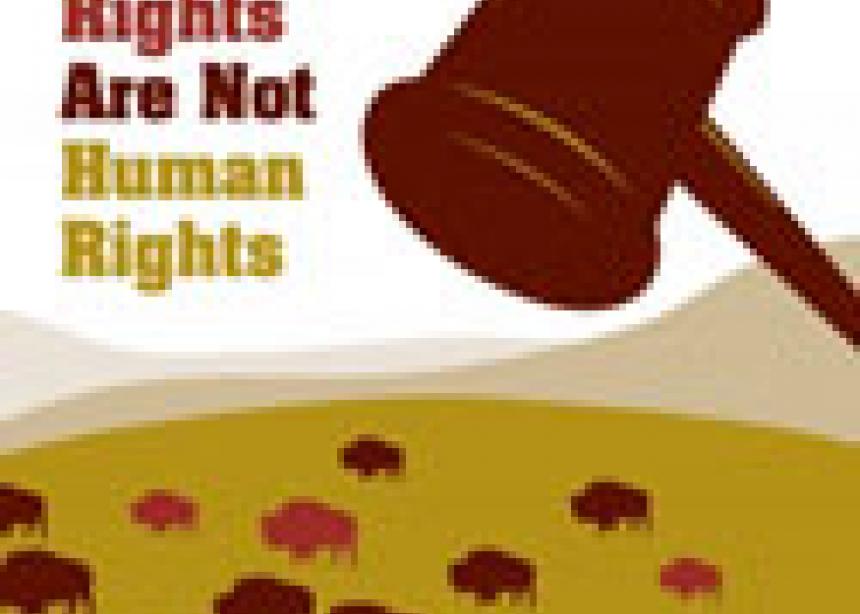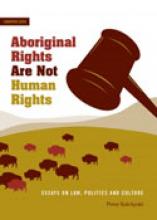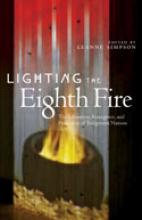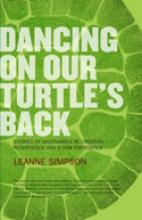More information does not mean we will make the right choices, but less information insures an impoverished understanding. As the initial wave of media attention over Idle No More wanes, it is now important for Mennonite Church Canada to continue to listen to and learn from indigenous communities in Canada. To encourage this practice, I want to highlight three recent publications from Winnipeg-based Arbeiter Ring Publishing.
I consider myself a relatively invested person in these issues, but found myself a little taken aback by my own impoverished understanding of indigenous thought and issues. Because of my ignorance, I tended to consider these people and their experiences in narrow and limiting categories.
Peter Kulchyski’s Aboriginal Rights are not Human Rights (2013) outlines the differences between a European-based concept of human rights and an indigenous-based understanding of aboriginal rights. Important to this conversation is how expressions of human rights—the rights of each individual—can actually work against the aboriginal rights—the rights of a people in relationship to the land. One expression is abstract and universal, the other is concrete and particular. We do not all have recourse to aboriginal rights, according to Kulchyski, and we need to be careful if we assume that human rights will always serve indigenous groups.
Lighting the Eighth Fire (2008), edited by Leanne Simpson, is a collection of essays that bring into relief the different historical experiences of indigenous and settler cultures. If you can only commit to reading one of these books, this is the one.
Many of these essays outline the pre-existing notions of sovereignty of first-contact indigenous people and how these stories can help shape present practices. One of the most powerful contributions is by Brock Pitawanakwat, who deals with urban indigenous realities, primarily as they relate to people of “mixed-blood,” and how they fit among other expressions striving for a more “pure” notion of what it is to be indigenous.
Simpson’s own Dancing on our Turtle’s Back (2012) is an excellent example of what can be done as “post-colonial” thought (thinking and acting outside the parameters of Western/European models). Simpson is aware of the criticisms that can and should be levelled against unjust structures, but one of the strengths of her work is that she does not become crippled or embittered by them. Rather, she draws on the creative re-sources of her tradition to envision what is possible for a community emerging from the shadows of oppression.
Idle No More did not emerge on a whim. It is another expression of a long and deep history of working against the grain of a dominant culture. And if this particular movement loses its media appeal, you can be sure that it will emerge in other forms and in other places. Take the time to learn and, to paraphrase Jeremiah, “seek the welfare of this land and its people, for in their welfare you will find your own welfare.”
David Driedger is associate minister of First Mennonite Church, Winnipeg.





Add new comment
Canadian Mennonite invites comments and encourages constructive discussion about our content. Actual full names (first and last) are required. Comments are moderated and may be edited. They will not appear online until approved and will be posted during business hours. Some comments may be reproduced in print.